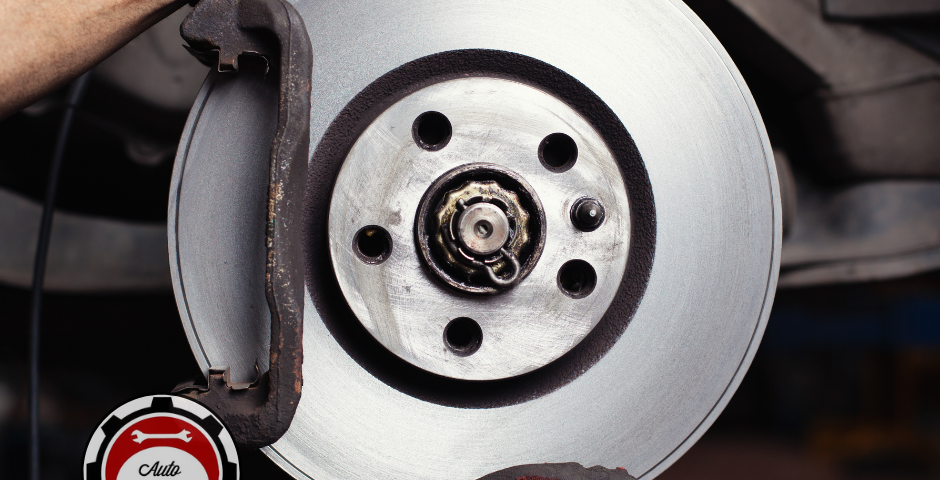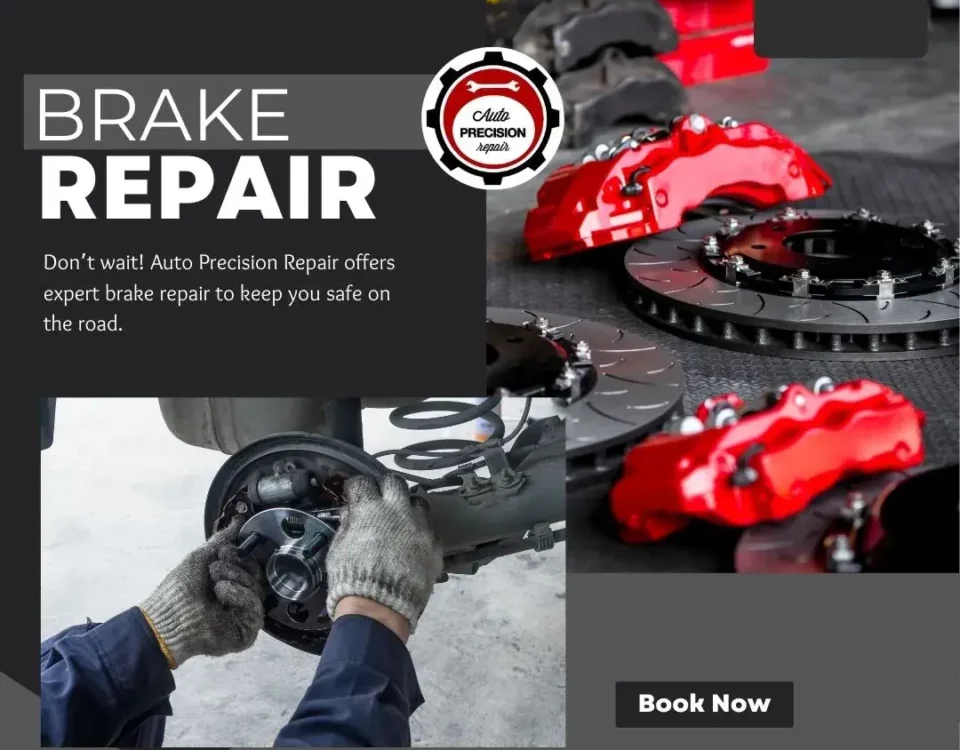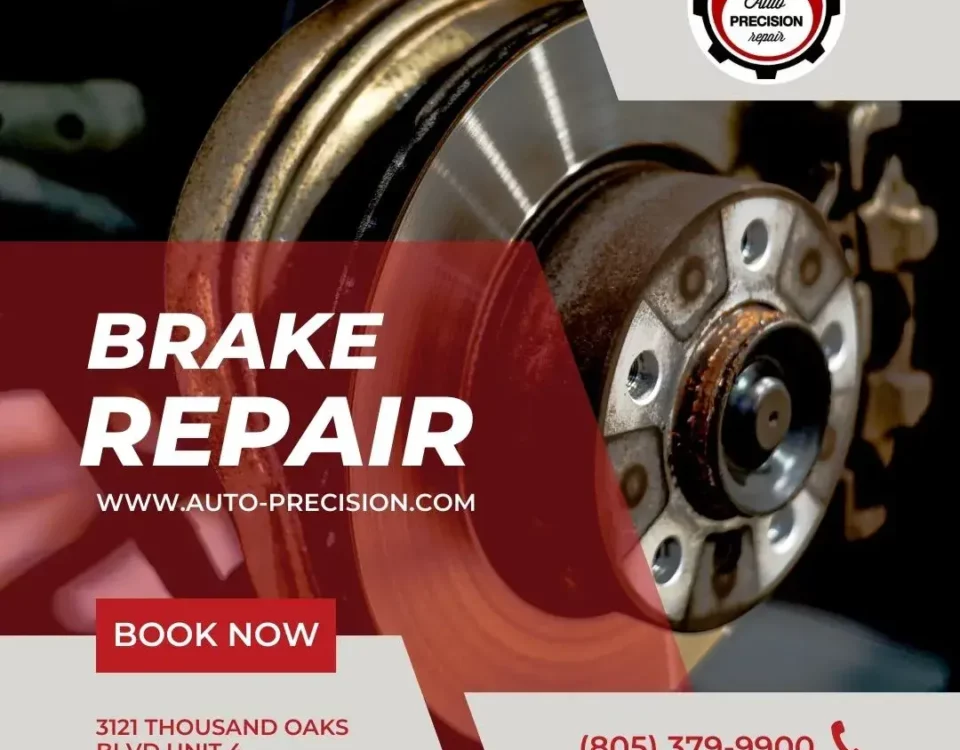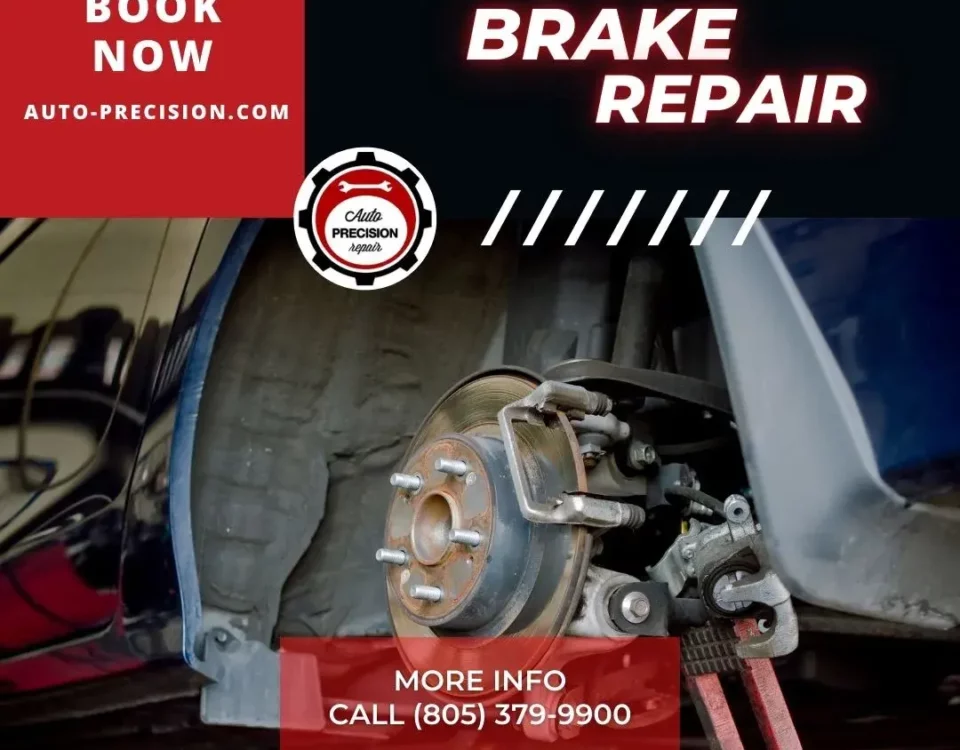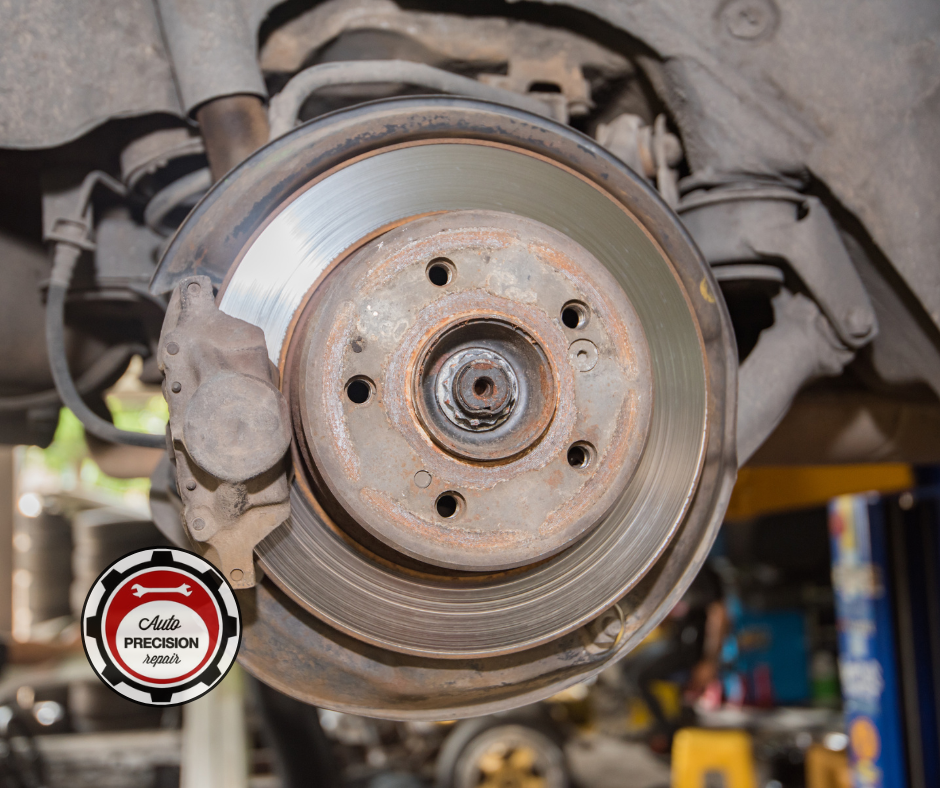
Brake Repair Basics: Understanding Your Vehicle’s Braking System
December 11, 2023Perfect Your Swing at SVN2 Indoor Golf in Thousand Oaks, CA
December 12, 2023Introduction to Brake Troubleshooting
Understand the fundamentals of diagnosing and fixing common brake issues. This introductory section sets the stage for a comprehensive look at common brake problems, their symptoms, and effective troubleshooting strategies.
Basics of Brake System Mechanics
Delve into the essential mechanics of a brake system, including components like brake pads, rotors, calipers, and the master cylinder, to better understand how they work together for effective braking.
Identifying Common Brake Problems
Explore the most frequent issues that can occur with your vehicle’s brakes, from wear and tear to more complex mechanical failures. Understanding these problems is the first step to effective troubleshooting.
Symptoms of Worn Brake Pads and Discs
Learn about the signs of worn brake pads and discs, such as squealing noises, reduced braking efficiency, and how to visually inspect these components for wear.
Diagnosing Hydraulic Brake System Issues
Understand how to identify issues within the hydraulic system, including leaks, air in the brake repair, and faulty master cylinders.
Expert Tips for Brake Repair and Maintenance
Get expert advice on how to address common brake problems. This section provides practical, step-by-step guides to repair and maintain your braking system effectively.
How to Replace Worn Brake Components
Detailed instructions on replacing key brake components such as pads, rotors, and calipers, including tips on choosing the right replacement parts.
Maintaining Your Hydraulic Brake System
Guidance on maintaining the hydraulic system, including how to bleed brakes, check for leaks, and ensure the brake fluid is at the correct level and condition.
Advanced Brake Troubleshooting Techniques
For more complex brake issues, delve into advanced troubleshooting techniques. This section is designed for those with a bit more mechanical knowledge or experience.
Addressing ABS (Anti-lock Braking System) Problems
Learn about common ABS issues, how to diagnose them, and the basics of repair and maintenance for this critical safety feature.
Solving Uncommon Brake System Challenges
Explore solutions to less common, but potentially serious, brake system challenges, including brake fade, uneven braking, and vibration during braking.
When to Consult a Professional for Brake Repairs
Recognizing when to seek professional help is crucial for maintaining your vehicle’s safety and performance. This section provides guidance on when to hand over troubleshooting and repairs to a skilled mechanic.
Signs That You Need Professional Brake Services
Identify the scenarios where DIY solutions are insufficient, and professional expertise is required, such as when dealing with complex hydraulic system repairs or electronic brake systems.
Choosing a Reliable Brake Repair Service
Tips on finding a reputable mechanic or service center, focusing on specialized experience, certifications, and customer reviews.
Conclusion: Prioritizing Brake Health for Safe Driving
Conclude by emphasizing the importance of regular brake repair and proper troubleshooting for ensuring safety on the road. Highlight the role of a well-functioning braking system in overall vehicle performance and driver peace of mind.


